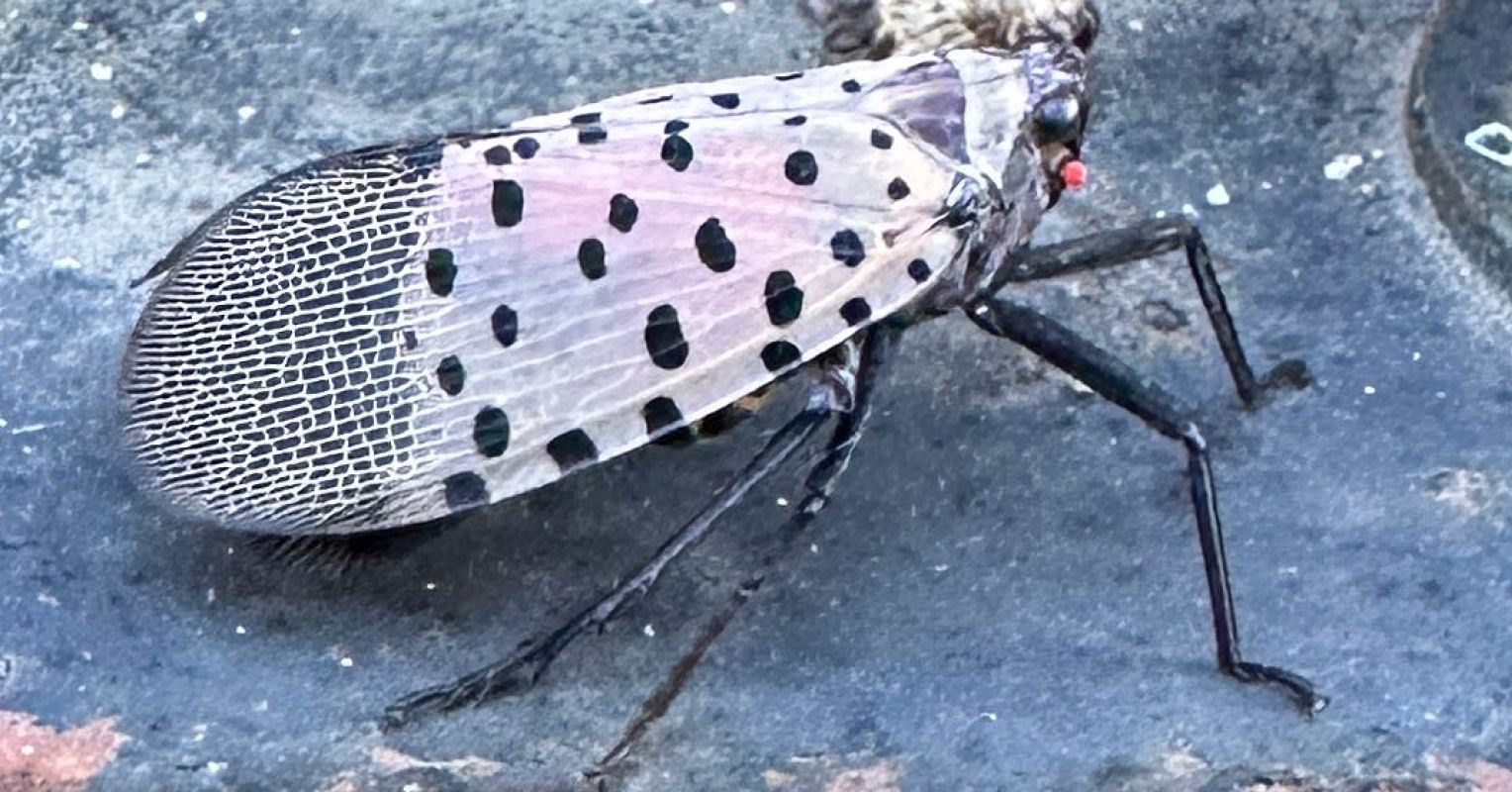Do not kill the stroke lanterns Psychology today

This year in the capital, when a lot of faces and out of our control felt, a clear and implemented method appeared to care for the planet: Killed the stroke lanterns.
The environmental situation against them is real: it is invasive, destructive and bad for trees.
But I can still bring myself to do so.
Every time I see one, with its fluid and clinical jumps, I hesitate. I know what I am supposed to do. I tell myself that it is “for the greatest good”, but I feel tightening in my chest. It is a feeling that killing this little object takes me away from the person I want to be, and the type of energy that our world needs now more than ever.
The violence we justify
Humans are skilled in justifying harm. We tell ourselves that it serves a higher purpose: protecting the ecosystems, nation, cause. in policyWe settled people in the symbols of everything we hate. At work, we deal with colleagues and annoying emotions as obstacles to what we need and efficiency. On the street, we are talking about ourselves about giving money from the Banglasler or even making contact with the eye, and we convince us that we will only be “nourishing the problem.”
Perhaps the most important of all, we go beyond self -comfort in the name of being fruitful, useful or acceptable.
Yes, these instincts often come from protecting something valuable. But collectively, they teach us something hidden and imitated: ignoring our human instinct for care.
Trust in balance
If you are thinking, “I don’t want Alex on my side in the Battle of Bar”, or “I will not send this man to war”, you may be right. That deadly instinct is not inside.
Full disclosure: I still kill a lot of mosquitoes, and I had more than some non -communication ideas about people who stole my bikes and those currently in power. I am working on that.
But with the passage of time, I came to admire those who hesitated before choosing the harm, and who resist withdrawing “the ends justifying the means.” For me, he refused to kill the lantern, eat meat, or join the honor of gossip that our world needs kindness and grace, not only aggression About what we describe as Ghazi.
Exercise the opposite
After years of aggressive video games, decades of rivalry policy, living as a man, contemplationEspecially the practice of Lovingkindness, helped me find more softness.
Also known as Metta, Lovingkindness revolves around calm wishes happiness And safety for various beings in our lives, even the people we struggle to communicate with.
When I see the lantern now, I feel even little feeling Friendship However, seeing how beautiful and weak, strange as it might seem. Below are two ways to explore this in your life:
1. Note when the harm is justified: It might seem like this: “I have no time”, “they deserve it”, or “it’s for the better.” These are the yellow lights flashing for payment attention.
2. Trust your instinct in care: When your mind begins to submit a complex issue to block kindness or GenerosityStop. Take a breath and choose the simplest option: be nice and generous now.
Kindness as resistance
When I stop temporarily before killing the lantern, this is the same feeling that I feel when the server is rude and face the amount of benefit. It is the same feeling when a family member or someone at work is a little useful or requires it, then wants to help us.
At that moment, we get the choice between revenge and kindness.
Whenever I take care of how I feel the aggression in my body, the more I am the choice that pulls me away from the person I want to be. Any option is more compatible with the world, I think we all want to live in.













Post Comment